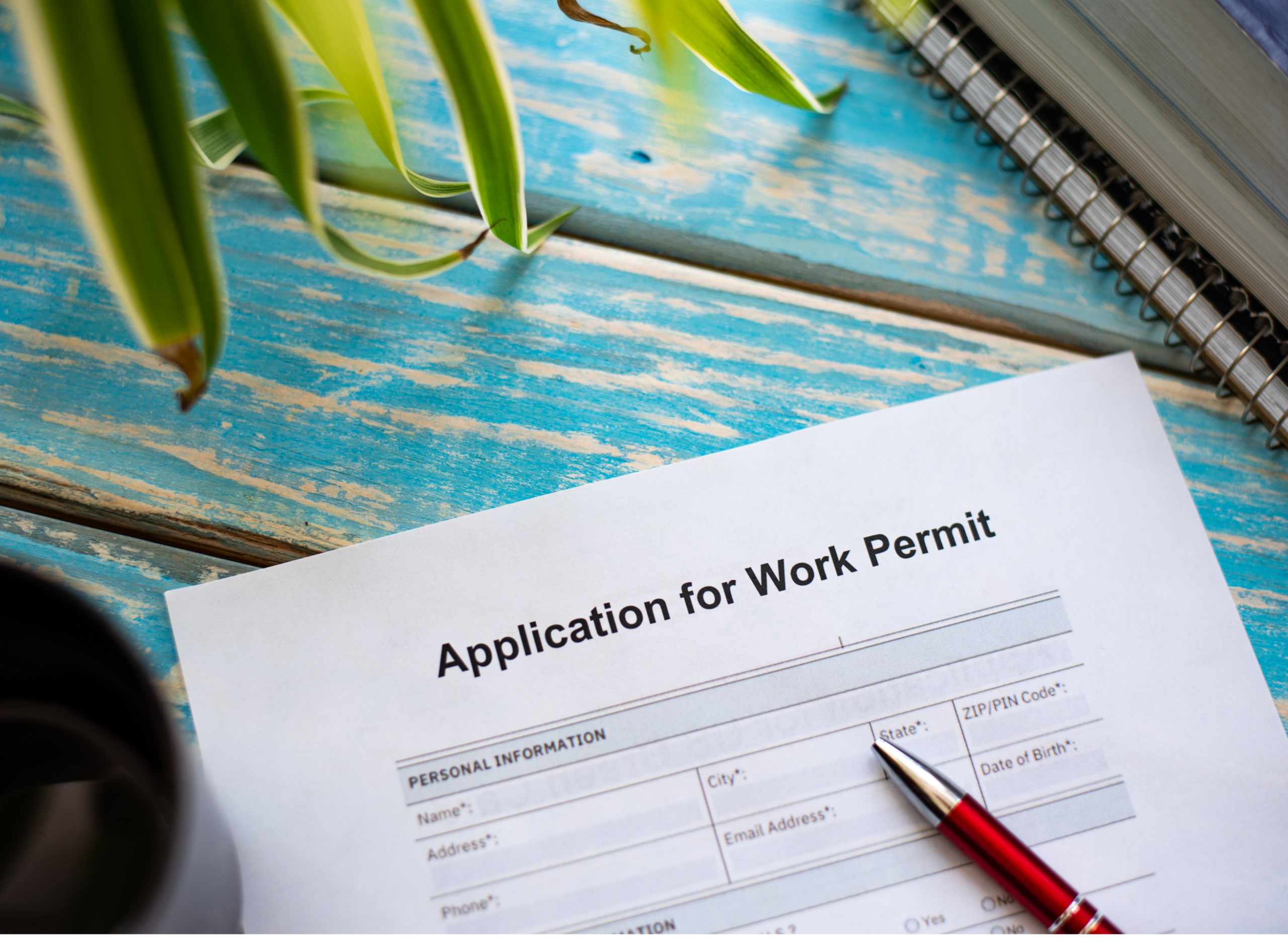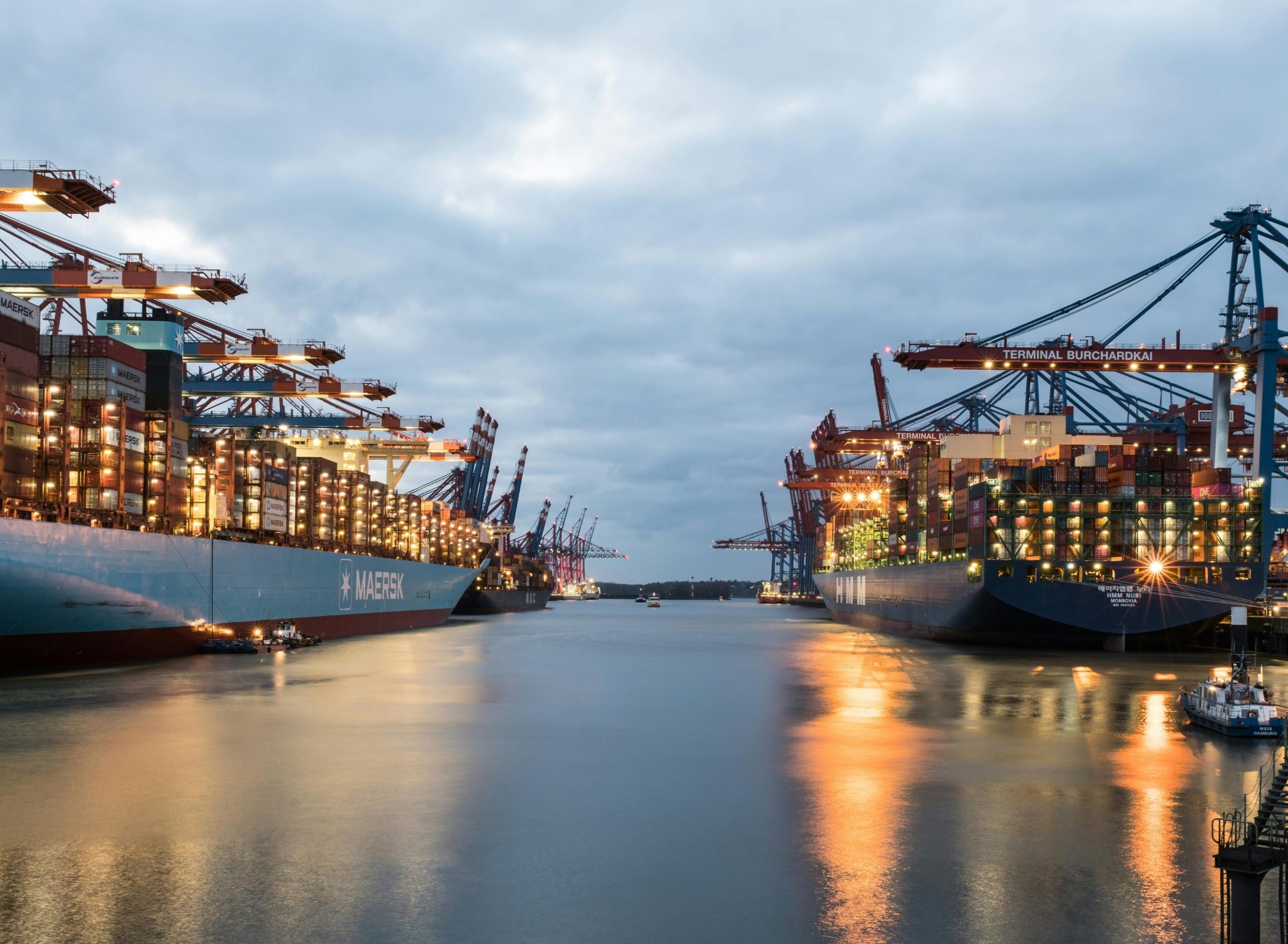With intensified scrutiny by Thai authorities, businesses relying on nominee shareholder arrangements face heightened legal risks. The government has reinforced its commitment to enforcement, conducting ongoing inspections, investigations, and even arrests in cases where nominee structures are suspected. Given these developments, foreign investors must review their business setups to ensure full compliance with Thai regulations.
Understanding Nominee Shareholding in Thailand
Nominee shareholding occurs when shares in a company are registered under one person’s name (the nominee shareholder) while actual ownership and control belong to someone else (the beneficial owner). This practice is strictly monitored in Thailand due to foreign ownership restrictions under laws such as the Foreign Business Act, the Land Code, and the Anti-Money Laundering Act. It is illegal for Thai nominee shareholders to hold shares on behalf of foreign nationals and for foreign nationals to use Thai nominees to circumvent these restrictions.
Increased Enforcement by Thai Authorities
Under the Special Case Investigation Act B.E. 2547 (2004), the Department of Special Investigation (DSI) has broad jurisdiction to investigate complex financial and corporate crimes, including cases involving nominee shareholders. Recent enforcement actions have demonstrated a clear government commitment to cracking down on unlawful corporate structures.
Since early 2024, the DSI has intensified efforts to combat nominee shareholding schemes designed to bypass foreign business restrictions. Reports of inspections, investigations, and arrests have become frequent. The DSI collaborates with the Department of Business Development (DBD), the Tourism Department, the Ministry of Tourism and Sports, and the Immigration Bureau to target nominee businesses, particularly in the tourism sector.
According to officials, in 2024 alone, the DBD reviewed 26,019 companies, focusing on four key sectors: tourism, real estate, hotels/resorts, and logistics. The crackdown continues into 2025, with plans to scrutinize another 26,830 companies in the tourism, real estate, and e-commerce/logistics sectors across seven provinces: Chiang Mai, Chon Buri, Phuket, Krabi, Surat Thani, Prachuap Khiri Khan, and Bangkok.
How Authorities Identify Nominee Structures
Authorities initiate investigations through multiple channels, including:
- Complaints & Whistleblowers: Reports from the public, competitors, or government agencies. A whistleblowing system established in December 2024 has already triggered multiple investigations, including in Chon Buri.
- Intelligence & Surveillance: High-risk sectors such as tourism, real estate, and logistics are under heightened scrutiny, with random inspections based on ongoing investigations.
- Collaboration with Other Agencies: The DBD, Land Department, Revenue Department, and other agencies actively refer cases for further investigation.
- Red Flags in Business Ownership:
- Thai shareholders with no financial capacity (e.g., taxi drivers, housekeepers) holding majority shares.
- Bank records showing nominee shareholders receiving payments from foreigners.
- Sudden ownership transfers before applying for a Foreign Business License (FBL).
To build cases against nominee arrangements, the DSI gathers evidence such as:
Shareholding Structure Analysis
- Reviewing company registration documents.
- Examining share certificates and shareholder meeting records.
- Identifying sudden changes in ownership before FBL applications.
Financial Investigations
- Scrutinizing bank transactions for suspicious payments from foreigners.
- Checking tax filings to verify whether Thai shareholders genuinely benefit from the business.
Witness & Testimony Collection
- Interviewing shareholders, employees, and business partners.
- Inspecting internal company emails and agreements for hidden nominee arrangements.
Business Operations Review
- On-Site Inspections: Assessing whether Thai shareholders actively participate in business operations.
- Contract Signatories: Reviewing legal agreements and financial documents for evidence of foreign control.
- Client and Supplier Interactions: Investigating who manages relationships and negotiations.
- Financial Oversight: Analyzing who authorizes payments and controls financial transactions.
Legal Actions and Penalties
If the DSI or other authorities uncover illegal nominee arrangements, companies and individuals face severe penalties, including fines, asset seizures, and potential criminal charges.
- Foreign Business Act (FBA) Section 36: Violators face up to 3 years’ imprisonment, fines up to 1 million THB, and daily penalties of up to 50,000 THB for continued violations.
- Anti-Money Laundering Act (AMLA): If nominee shareholding is linked to illicit financial activities, asset seizures and imprisonment may apply.
- Thai Civil and Commercial Code: Sections 1236-1237 allow authorities to dissolve companies operating under nominee structures, with assets subject to forfeiture if obtained illegally.

Impact of the Crackdown on Businesses
The intensified enforcement is already leading to legal actions, disrupting industries where nominee structures are common. Recent examples include:
- In June 2024, authorities in Phuket arrested 231 foreigners using Thai nominees.
- A February 2025 raid in Phuket led to 23 arrests, including two Chinese nationals operating firms through nominees, with authorities seizing several million baht in cash.
- In Surat Thani, police raided seven locations, arresting six suspects involved in nominee businesses.
- In Chachoengsao province, the Ministry of Natural Resources and Environment confiscated 1,500 rai (approximately 593 acres) of forest land in Tha Takiab district earlier this year. This land had been unlawfully sold to a Thai company acting as a nominee for Chinese investors. About 450 rai had already been converted into durian plantations, with plans for further development. Authorities plan to transform the seized land into community forests and are pursuing legal action against the parties involved.
- In Chiang Mai, investigations revealed that Chinese businessmen illegally purchased six land parcels to construct complexes for Chinese residents and educational facilities, enabling Chinese migrants to obtain student visas. Authorities are scrutinizing the buyers’ tax and financial records to uncover potential violations.
These actions demonstrate the Thai government’s commitment to upholding foreign investment laws and ensuring business compliance. Further raids are planned in high-risk regions.
Key Takeaways for Businesses
Foreign investors operating in Thailand must ensure their corporate structures comply with Thai law to avoid severe legal consequences. Businesses are advised to:
- Conduct thorough legal reviews of their ownership structures.
- Seek professional legal counsel to ensure compliance.
- Avoid nominee arrangements that may trigger investigations.
As enforcement intensifies, foreign investors must prioritize compliance to mitigate risks and sustain their business operations in Thailand. When involving local partners, structuring shareholder rights, and considering potential restructuring, special care must be taken to avoid the appearance of a nominee arrangement.

Andreas C. Richter
The German
He is a seasoned lawyer with dual German and Thai citizenship and has called Thailand home for over 30 years. As a Senior Partner at international law firm BRS, he specializes in corporate, commercial, and business law, providing strategic counsel to multinational clients across a wide range of industries in Thailand and the region.







Leave a Reply